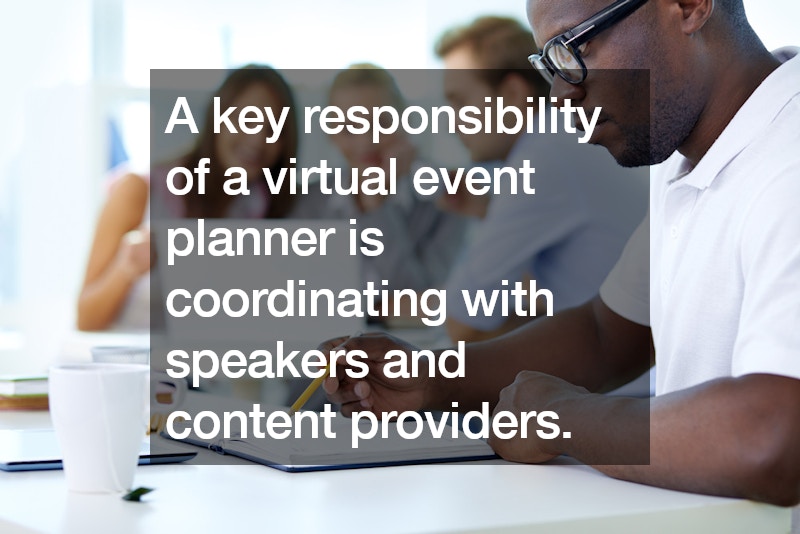
In an increasingly digital world, virtual events have become a staple for businesses, organizations, and individuals looking to connect with a wide audience without the constraints of physical location. A virtual event planner plays a crucial role in making these events successful. From conceptualization to execution, a virtual event planner ensures every aspect of the event runs smoothly.
Here’s a detailed look at what a virtual event planner does.
Event Conceptualization and Planning
The first step a virtual event planner takes is understanding the client’s goals and vision for the event. Whether it’s a corporate conference, a product launch, a webinar, or a social gathering, the planner works closely with the client to outline the event’s purpose, target audience, and desired outcomes. This involves creating a comprehensive plan that includes timelines, budgets, and detailed agendas.
Platform Selection and Setup
Choosing the right platform is critical for the success of a virtual event. A virtual event planner evaluates various platforms based on the event’s needs, such as attendee capacity, interactive features, and technical support. Once the platform is selected, the planner sets up the virtual space, ensuring it is user-friendly and aligns with the event’s branding. This includes configuring registration pages, virtual lobbies, and breakout rooms, as well as integrating necessary tools for engagement, such as polls, Q&A sessions, and chat functions.
Speaker and Content Coordination
A key responsibility of a virtual event planner is coordinating with speakers and content providers. This involves managing speaker invitations, schedules, and logistics. The planner ensures that speakers are well-prepared and have the necessary technical support, including conducting rehearsals and providing guidelines for presenting virtually. Additionally, the planner oversees the creation and distribution of event content, such as presentations, videos, and downloadable resources, ensuring everything is aligned with the event’s objectives.
Marketing and Promotion
Effective marketing is essential to attract the right audience to a virtual event. A virtual event planner devises and executes a marketing strategy that may include email campaigns, social media promotion, and partnerships with influencers or industry leaders. The planner also monitors registration numbers and engages in outreach efforts to maximize attendance.
Technical Support and Troubleshooting
Technical issues can derail even the most well-planned virtual event. A virtual event planner provides ongoing technical support to ensure the event runs smoothly. This includes setting up reliable internet connections, managing audio-visual equipment, and troubleshooting any technical problems that arise during the event. The planner also coordinates with the platform’s support team to address issues promptly and minimize disruptions.
Attendee Engagement and Interaction
Engaging attendees in a virtual setting can be challenging. A virtual event planner designs interactive elements to keep participants engaged and facilitate networking. This might include live polls, breakout sessions, virtual networking lounges, and gamification elements. The planner also monitors attendee interactions, responding to questions and feedback in real time to ensure a positive experience.
Post-Event Activities
The work of a virtual event planner doesn’t end when the event is over. Post-event activities are crucial for measuring success and maintaining engagement. The planner collects and analyzes data, such as attendance numbers, participant feedback, and engagement metrics. This information is used to generate reports and insights that help the client understand the event’s impact and areas for improvement. Additionally, the planner may assist in distributing follow-up materials, such as recordings, presentation slides, and thank-you emails.
A virtual event planner is indispensable in the digital age, offering expertise and support to ensure virtual events are successful and engaging. From planning and platform setup to marketing, technical support, and post-event analysis, a virtual event planner handles every aspect of the event, allowing clients to focus on their core objectives. By leveraging their skills and experience, virtual event planners create seamless and impactful experiences that resonate with attendees and achieve the desired outcomes. Whether it’s a small webinar or a large-scale virtual conference, the role of a virtual event planner is critical in navigating the complexities of the virtual event landscape.
.




